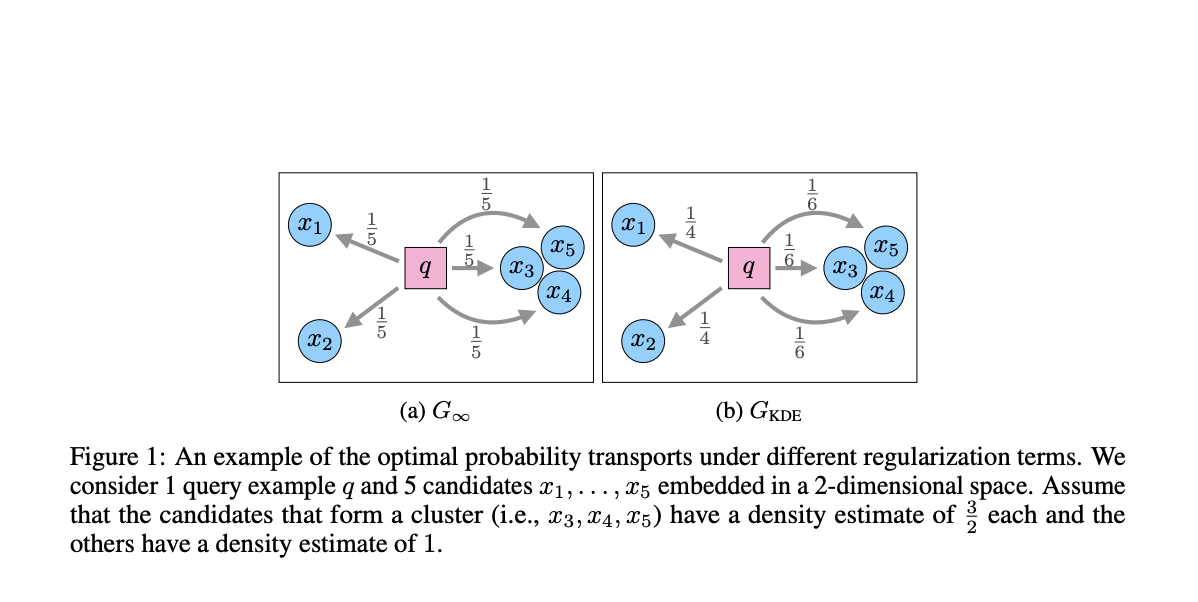
Task-Specific Data Selection (TSDS): A Smart Solution for Data Selection
Understanding the Challenge
In machine learning, fine-tuning models like BERT or LLAMA for specific tasks is common. However, success relies on high-quality training data. With vast data sources like Common Crawl, manually picking the right data is impractical. Automated data selection is crucial, but existing methods often struggle with three main issues:
– Aligning data distribution with target tasks
– Maintaining data diversity
– Efficiently handling large datasets
Introducing TSDS
TSDS (Task-Specific Data Selection) is an AI framework developed by researchers from the University of Wisconsin-Madison, Yale University, and Apple. It enhances model fine-tuning by intelligently selecting relevant data. TSDS uses a small set of examples from the target task to optimize data selection through an automated process.
The main goal of TSDS is to align the selected data with the target task while ensuring diversity. This helps the model learn effectively from data that closely resembles its intended use, improving performance on specific tasks.
How TSDS Works
TSDS uses optimal transport theory to minimize differences between the selected data and the target task. It includes a diversity-promoting regularizer to avoid overfitting from near-duplicate examples. By connecting this optimization to nearest neighbor search, TSDS employs efficient algorithms for scalability.
Key Benefits of TSDS
– **Optimized Data Selection**: TSDS balances distribution alignment and data diversity, ensuring selected data matches the target task.
– **Efficient Processing**: TSDS can preprocess large datasets quickly. For example, it processed 150 million examples in just 28 hours, with task-specific selection taking under an hour.
– **Improved Performance**: In tests, TSDS outperformed traditional methods, achieving an average F1 score improvement of 1.5 points with just 1% of the data selected.
The Importance of TSDS
TSDS significantly enhances traditional data selection methods, especially with large datasets. It maintains strong performance even with many near-duplicate examples. As machine learning models grow in complexity, TSDS will be vital for effective fine-tuning across various applications.
Conclusion
TSDS is a breakthrough in task-specific model fine-tuning, addressing key data selection challenges. By optimizing data selection for relevance and diversity, TSDS leads to better model performance and efficient resource use. As AI continues to evolve, frameworks like TSDS will be essential for making fine-tuning more effective and accessible.
Get Involved
Check out the research paper for more details. Follow us on Twitter, join our Telegram Channel, and LinkedIn Group for updates. If you appreciate our work, subscribe to our newsletter and join our 55k+ ML SubReddit.
Upcoming Event
Join us for SmallCon, a free virtual GenAI conference on December 11th, featuring industry leaders like Meta, Mistral, and Salesforce. Learn how to build big with small models.
Transform Your Business with AI
Stay competitive by leveraging Task-Specific Data Selection. Here’s how to get started:
– **Identify Automation Opportunities**: Find customer interaction points that can benefit from AI.
– **Define KPIs**: Ensure measurable impacts on business outcomes.
– **Select an AI Solution**: Choose tools that fit your needs and allow customization.
– **Implement Gradually**: Start with a pilot, gather data, and expand wisely.
For AI KPI management advice, contact us at hello@itinai.com. For ongoing insights, follow us on Telegram or Twitter. Discover how AI can transform your sales processes and customer engagement at itinai.com.


























